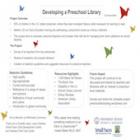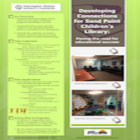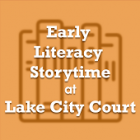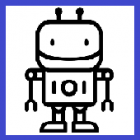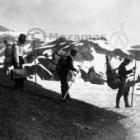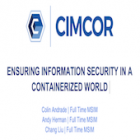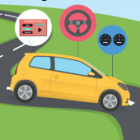
Designing The Next Generation In-Car Experience
Today’s Interactive in-car systems have failed to provide the necessary comfort, safety, and experience expected of them. Part of the problem is the rapid addition of more advanced in-car components and flashy screens that lack the right user-centered approach and integration. We aim to bridge the divide through the next generation in-car experience for daily commuters. This will improve their interaction with in-car systems helping them accomplish secondary tasks while driving safely. To specify our design scope, we focus on the design of the instrument cluster, head up display and central console touchscreen for cars.

